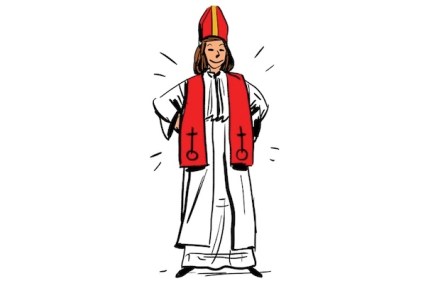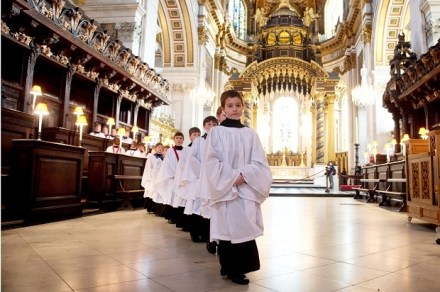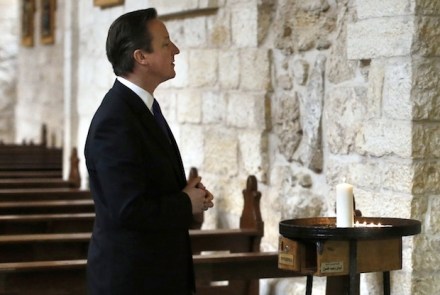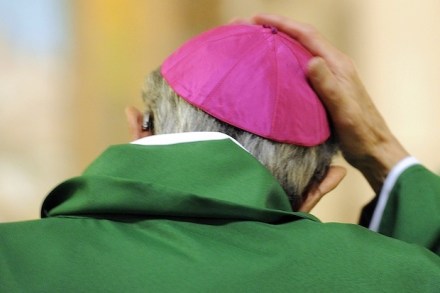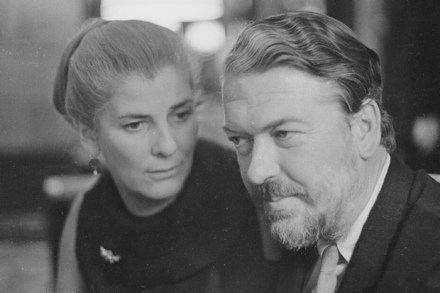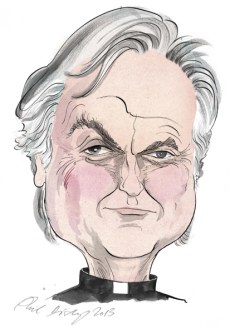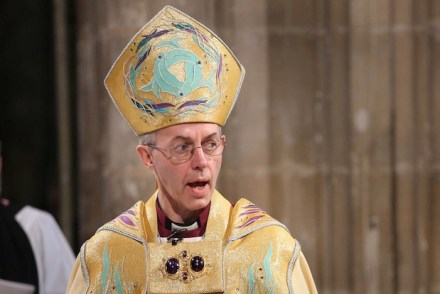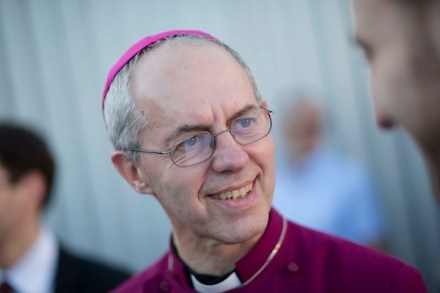Women bishops: the game’s up for Anglo-Catholics
From the moment the General Synod voted for women priests in 1992, it was inevitable that it would also vote for women bishops. Conservative evangelicals and Anglo-Catholics engineered a delay of 21 years, but I doubt they’ll be shocked by today’s decision. Some traditionalists have even been arguing that, although they were still opposed to the measure on principle, another ‘no’ vote would be a disaster for the Church of England. That strikes me as hopelessly muddled thinking, but remember that these are the people who brought you the Alice-in-Wonderland notion of ‘flying bishops’. How will Pope Francis react? Some Anglicans suspect that he’s secretly pleased: they see him as
